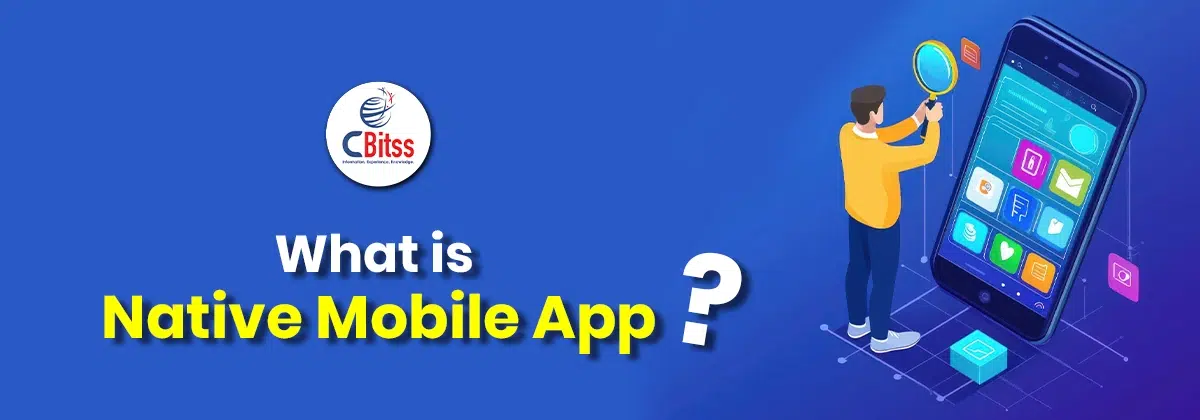Table of Contents
ToggleIdeas for Learning Cloud Computing
Cloud Computing is the method of delivering computing services over the internet, including storage, servers, databases, applications, analytics, and more. Essentially, it is an on-demand IT model that allows users to access shared computing resources with minimal management effort.
In simpler terms, cloud computing lets you use computing power online without building or maintaining physical infrastructure. Consequently, businesses can focus more on innovation and core goals rather than worrying about IT infrastructure.
Moreover, one of the biggest misconceptions about cloud-based security is that it’s less secure than traditional storage—in reality, major cloud providers follow strict compliance protocols and offer advanced encryption to protect data.
Learn the best methods to start your cloud computing journey with expert tips.
Cloud Service Models: The Cloud Stack
These services usually fall into three broad categories, also referred to as the Cloud Stack, as each layer builds on the one beneath.
Cloud Model | Explanation |
IaaS | Infrastructure as a Service – Offers basic virtual computing resources such as servers, networks, and storage. Example: Amazon EC2. |
PaaS | Platform as a Service – Provides an environment for developers to build, test, and deploy apps. Example: Google App Engine. |
SaaS | Software as a Service – Delivers fully functional applications via the internet. Users don’t manage infrastructure. Example: Google Workspace, Zoom. |
If you’re just getting started, this Learn basics of cloud guide breaks down all the essentials for beginners.
Key Benefits of Cloud Computing
Clearly, the rise of cloud computing has changed how businesses operate. Below are some of the most impactful benefits:
Remote Work Capability: You can work from anywhere, thanks to mobile apps and browser-based services.
Flexibility: As your business evolves, you can scale cloud resources up or down instantly, thus improving agility.
Cost Savings: You avoid investing in expensive physical hardware; instead, you only pay for what you use, reducing upfront capital expenditure.
Productivity: Managing hardware is time-consuming. By switching to cloud platforms, your team can stay focused on what matters most.
Performance: Major cloud providers continuously update their infrastructure—this means faster speeds and less downtime.
Accessibility: As long as you have internet access, you can access files and applications on any device.
Data Recovery & Security: You can still access data even if your laptop is lost or stolen—and with one click, you can erase your device remotely.
You can also boost mobile site performance using cloud-powered tools.
Explore practical and innovative ideas to master cloud computing effectively and efficiently.
NIST's Five Key Characteristics of Real Cloud Environments
According to the National Institute of Standards and Technology (NIST), all real cloud services have five core traits:
Measured service – Billing is based on actual resource usage.
On-demand self-service – Users can get services instantly without human interaction.
Broad network access – Services are accessible via internet-connected devices.
Resource pooling – Many users share a common infrastructure (multi-tenancy).
Rapid elasticity – Resources can scale rapidly based on demand.
Want to track your website position after cloud migration? Use this tool.
Career Paths in Cloud Computing
Today, more companies are moving their infrastructure to the cloud. As a result, there is a high demand for cloud-skilled professionals. Depending on your interest, you can specialize in:
- Cloud Development
- Cloud Architecture
- Cloud Infrastructure & Operations
- Cloud Security (growing in demand due to increasing concern over breaches)
Cloud Security, in particular, has become one of the most in-demand skill areas in 2025, especially for roles like Cloud Security Analyst, AWS Security Engineer, and Identity & Access Manager.
Explore the best course for data to support cloud-based analytics careers.
Popular Cloud Certifications
To build a solid foundation and enhance your career, many courses and certifications are available. Below is a summary:
| Certification | Provider | Focus Area |
| AWS Solutions Architect – Associate Level | Amazon AWS | Designing distributed systems |
| AWS SysOps Administrator | Amazon AWS | Managing cloud infrastructure |
| AWS DevOps Engineer – Professional | Amazon AWS | CI/CD pipelines, automation |
| Salesforce Administrator | Salesforce | CRM and sales cloud management |
| Microsoft Azure Administrator | Microsoft Azure | Azure infrastructure and security |
| Google Cloud Associate Cloud Engineer | Google Cloud | GCP deployment and operations |
| Kubernetes Security Specialist (CKS) | CNCF | Secure container orchestration |
Before diving deep, start with basics like AWS Cloud Practitioner or Azure Fundamentals.
Learn how to launch your app on Android using cloud-hosted platforms.
Final Thoughts

J. Julia Kamei is a professional content writer with 4+ years’ experience creating impactful content for clients in the USA, India, Canada, the UK, and Europe. An M.A. History graduate, she specializes in immigration, business, IT, digital marketing, AI, and Data Science. She also mentors students for international education and research.







